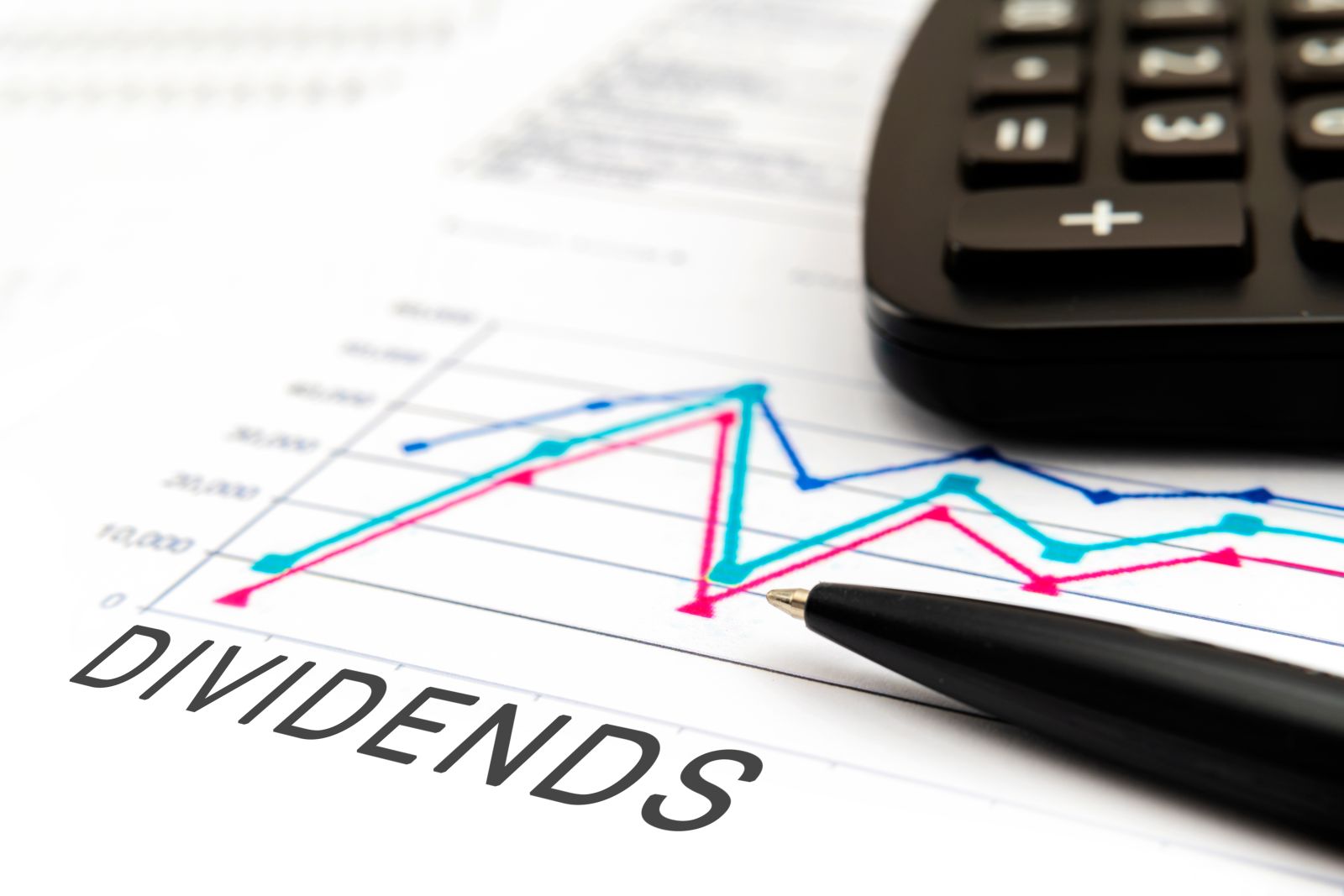
IBM (IBM) shares plunged last week after the company missed consensus revenue estimates for Q1. In particular, the market also seems notably apprehensive about its pricey acquisition of cloud software company HashiCorp (HCP).
That said, after the recent sell-off, IBM’s dividend yield is now just under 4%. Should dividend investors consider IBM stock for its healthy yield, especially as the company pivots aggressively to artificial intelligence (AI)? We’ll explore in this article, beginning with a look at the stock’s price action.
IBM Shares Have Underperformed
IBM shares hit their all-time high of $206.31 in 2013 and haven't hit that level since. While the stock almost touched $200 earlier this year, it has since retreated.
Put differently, IBM hasn’t created any wealth for investors since its 2013 peak - and even if we account for dividends, the returns are abysmal at best.

What’s Plaguing IBM Stock?
IBM has been plagued by sagging revenue growth. Last year, its revenues rose only 2.2% YoY, which was preceded by a 5.5% rise in 2022 and 3.9% in 2021. The revenue growth has been dismal, despite the company splurging money on acquisitions. In 2019, it acquired Red Hat for around $34 billion, while last year, it spent a total of $6 billion to acquire nine companies.
HashiCorp would be the latest addition to IBM’s portfolio if the $6.4 billion deal goes through. The company expects the transaction to be accretive to its adjusted earnings before interest, taxes, depreciation, and amortization (EBITDA) in the first full year after the close of the transaction. It also expects the deal to be free cash flow accretive in the second full year after the transaction.
IBM Is a Free Cash Flow Giant
IBM’s free cash flows, incidentally, have been quite impressive. Last year, it generated free cash flows of $11.2 billion, which was $1.9 billion higher than the previous year and surpassed the company’s guidance. The company expects to post free cash flows of $12 billion in 2024, led by an increase in its adjusted EBITDA. IBM uses its free cash flows for a mix of acquisitions, stock buybacks, and dividends. It is also committed to protecting its investment-grade credit rating.
But even as IBM’s current dividend yield hovers around 4%, the company’s dividends have grown at a very slow pace, and the quarterly payout has risen by a mere 1 cent annually since 2020. To put that in perspective, the company’s dividend grew by all of 0.6% last year.
Nonetheless, a 4% dividend yield does seem like a cherry on top when making an investment decision about IBM.
IBM Positions Itself as an AI Play
IBM is positioning itself as an “AI play,” and during the Q1 earnings call, CEO Arvind Krishna said, “Inception to date, our book of business related to Watsonx and generative AI is greater than $1 billion with sequential quarter over quarter growth.”
There are two things worth considering here. First, AI projects still account for a very small chunk of IBM’s sales; and second, these are mostly in consulting.
However, IBM also sees AI as a way to cut costs, and plans to replace several employees with AI over the next couple of years - which would help it to lower its cost base structurally.
Should You Buy IBM Stock?
Analysts have given IBM a consensus rating of “Hold,” but its mean target price of $185.33 is 11.5% higher than today's closing price.

Despite sagging sales, I believe there's still a case for buying IBM stock based on valuations, even if it’s not overtly compelling. IBM trades at a next 12-month (NTM) price-to-earnings multiple of 16.9x, which is higher than the three-year average of 14x and the five-year average of 12.8x. IBM’s market cap is less than 13x its projected 2024 free cash flows of $12 billion, which still looks decent.
All of that said, while IBM looks like a fair standalone investment, I would give Big Blue a pass for other relatively attractive opportunities. Specifically, HP (HPQ) is also an AI play, as sales of AI-enabled PCs are expected to spur sales. Also, like IBM, HP has a dividend yield of around 4%, which - coupled with tepid valuations - makes it a better bet than IBM.
On the date of publication, Mohit Oberoi did not have (either directly or indirectly) positions in any of the securities mentioned in this article. All information and data in this article is solely for informational purposes. For more information please view the Barchart Disclosure Policy here.






